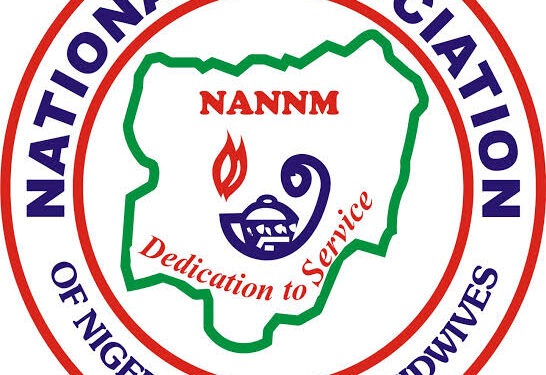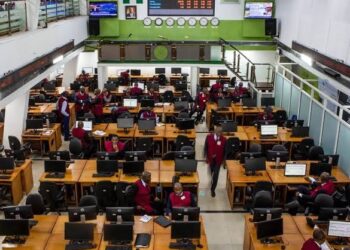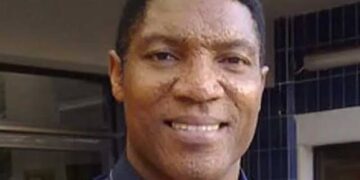The National Association of Nigerian Nurses and Midwives – Federal Health Institutions (NANNM-FHI) Sector has said it will meet on Saturday (today), to consider the promises made by the Federal Government at a meeting yesterday.
The union denied reports that it had suspended its ongoing nationwide seven-day warning strike.
The National Public Relations Officer of NANNM-FHI, Omomo Tibiebi, on Saturday, clarified that the strike, which began on Wednesday, remained in effect despite a meeting with the minister of health earlier in the day.
The nurses embarked on the strike to press home their demands, including an upward review of shift allowance, adjustment of uniform allowance, a separate salary structure for nurses, an increase in core duty allowance, mass recruitment of nurses, and the establishment of a nursing department in the Federal Ministry of Health, among others.
“The strike has not been suspended. Earlier today (Friday), the NANNM executives had a meeting with the Coordinating Minister of Health and Social Welfare, Prof. Muhammad Pate, and it was the minister that went to press to say the strike was called-off.
“He wasn’t the one that called the strike in the first place, so he has no right to call off the strike. So, the strike is still on,” Tibiebi said.
He further said the union’s National Executive Council would meet today (Saturday) to review the Federal Government’s promises and determine the next line of action.
“There will be a National Executive Council meeting today (Saturday), and that’s when a decision will be made, and we would know if what the Federal Government has promised is good enough for us to suspend the strike,” he said.
As the strike persist, hospitals nationwide continue to feel the impact, with patients facing disruptions in healthcare delivery.
The few available medical staff members available are overwhelmed by patient loads, and struggling to maintain basic operations.
Several patients have been discharged due to the shortage of nurses, numerous hospital wards remain deserted, skeletal services are running in some areas, while others are completely shut down.





































